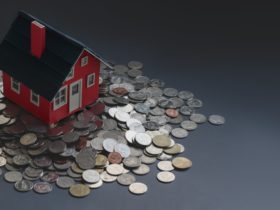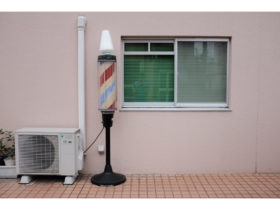Are you looking to buy a new homeowners insurance policy? If yes, it’s a good idea to remember the below-listed dos and don’ts when shopping for a new policy.
Dos
Be Honest
Be truthful in answering all the questions the insurance company asks you so that they know your home’s style of construction, its size, unusual items, major improvements, and the high-value items you own.
Spend Time With Your Agent Before Policy Renewal
Before renewing your policy, take time out to review your policy limits with your agent. Don’t forget to insist that you want to be fully insured.
Tell Your Agent About Renovations
Make sure you inform your agent about any improvements you make to your home. Most insurers require you to report renovations that cost $5,000 or more.
Upgrade Your Home for Cheaper and Better Coverage
To be eligible for the best coverage, you must have a newer roof and updated wiring, plumbing, and heating system. Consult your agent about what you can do to reduce your risk of loss.
Increase or Maintain Your Limits Based on the Insurer’s Recommendations
Confirm with your agent, broker, or insurer what policy limits work best for you, and keep a record of the same.
Don’ts
Be Afraid to Choose a Different Insurer to Get a Better Policy
You may be a homeowner who has paid your premiums for 20 years without ever filing a claim, but when disaster strikes and you find yourself underinsured, your loyalty isn’t going to help. Even if you’ve been a long-time customer, don’t expect your insurer to increase your limits without giving you a difficult time.
Buy the Lowest-Priced Policy
Considering your home is your biggest asset, your priority should be to ensure it’s fully protected.
Understate Information to Get a Lower Premium Quote
Always provide your insurer with correct information about your home, such as its size and amenities.
Set Your Dwelling Limits Based on Your Home’s Purchase Price
The purchase, appraised, or estimated sale price of your home doesn’t represent how much it’ll cost to rebuild the home.
Underestimate Your Possessions
If you suffer a major loss, replacing your possessions may burn a hole in your pocket, so make sure that the estimated value of your belongings is right. Also, don’t wait to suffer a loss to get the appraisals of your valuables done.

























